Coronation will herald new age, but first it is time to mourn
Charles has become King immediately following the death of his mother and after an extended period of mourning, plans begin for the ceremony to mark his accession.
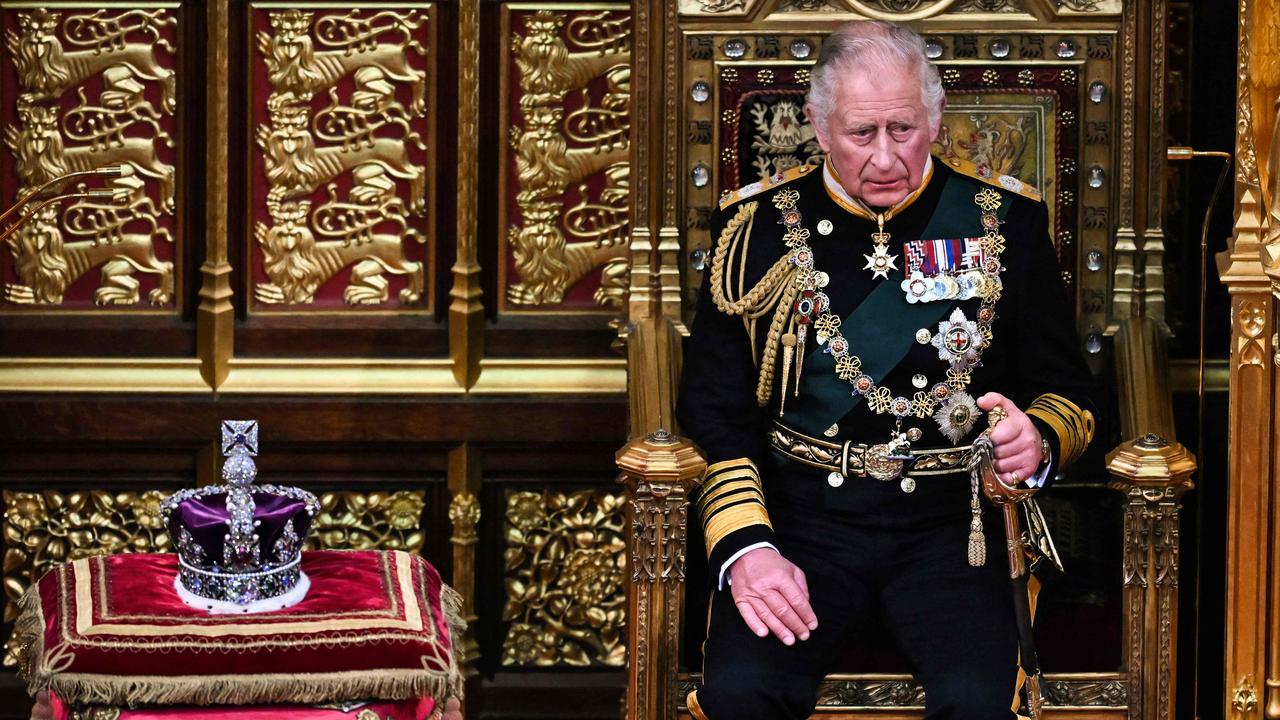
Britain now faces a number of moments that most of its citizens have never seen.
Historic constitutional processes are in motion, with many wondering how this will affect the succession and the eventual coronation.
Prince Charles became King immediately upon the death of his mother, with no ceremony required. Even Friday’s accession council is a ceremonial affair, formally proclaiming the reign of King Charles III.
First comes an extended period of mourning before any thoughts of the coronation become a concern. In 1952 it was two months after George VI’s death when discussions began to start preparing for the Queen’s coronation.
Planning is meticulous, with every detail considered. The coronation is a solemn and sacred ritual where the new monarch is anointed and takes their oaths before God and their country.
Not a second will go unscripted.
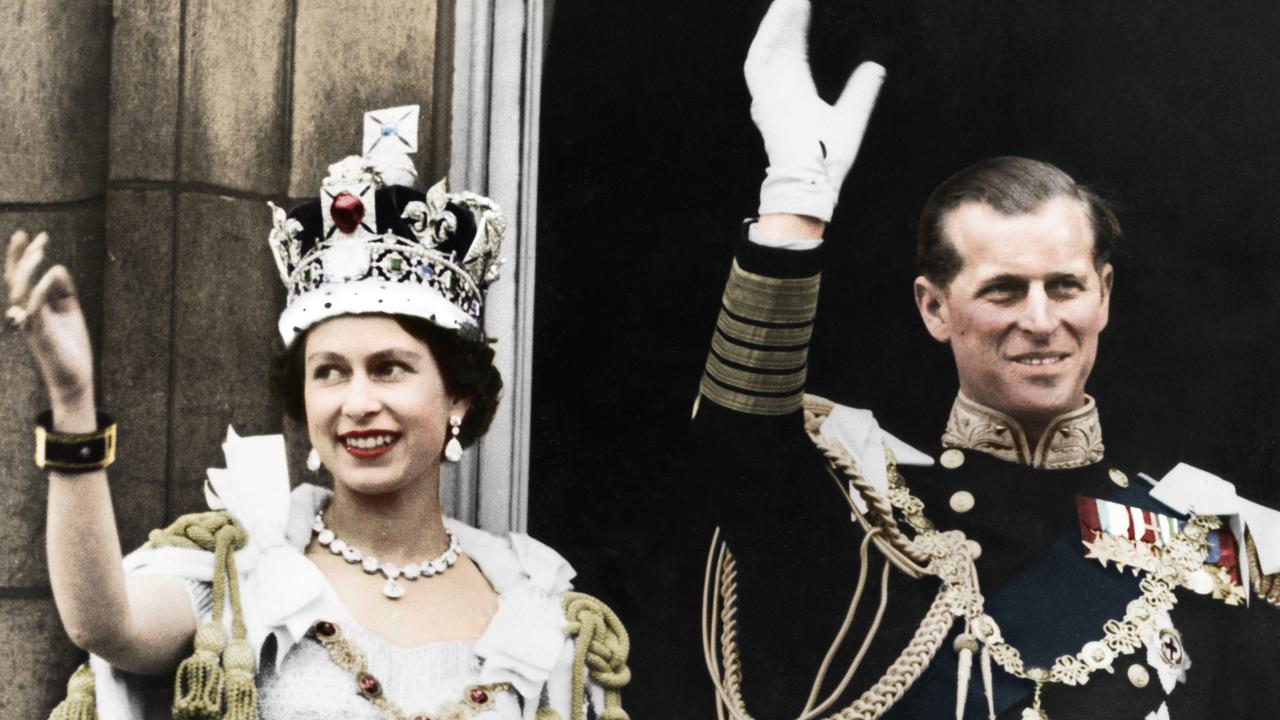
Seventy years ago, the process took 14 months, but it could be a lot swifter this time. There is no rule as to when a coronation has to be held.
There is normally a desire to hold it in the fairer weather of the summer, but there may be a desire for urgency. Some sources have suggested that it could be staged in as little as six months, placing the event next spring.
Historical precedent remains the only guide, but it is now so distant that its time frame is misleading. The last three coronations all took more than a year to prepare, but all were global events conducted in a much slower world than today.
Coronations are organised by both the government and by committees. In 1952 Prince Philip took charge of the Coronation Commission but international considerations had to be taken into account.
High commissioners from the Commonwealth were involved on the committees that planned the Queen’s coronation. They will be involved again but international relations are quicker these days.
Even in 1952 widespread air travel was in its infancy and communication was leaden compared with today’s digital world. This will not be a factor this time round.
However, some factors will be the same. The coronation of a British monarch is not just a British affair.
Charles has become head of the Commonwealth, an association of 56 independent countries and about 2.5 billion people. For 14 of these countries, as well as the UK, the King is head of state.
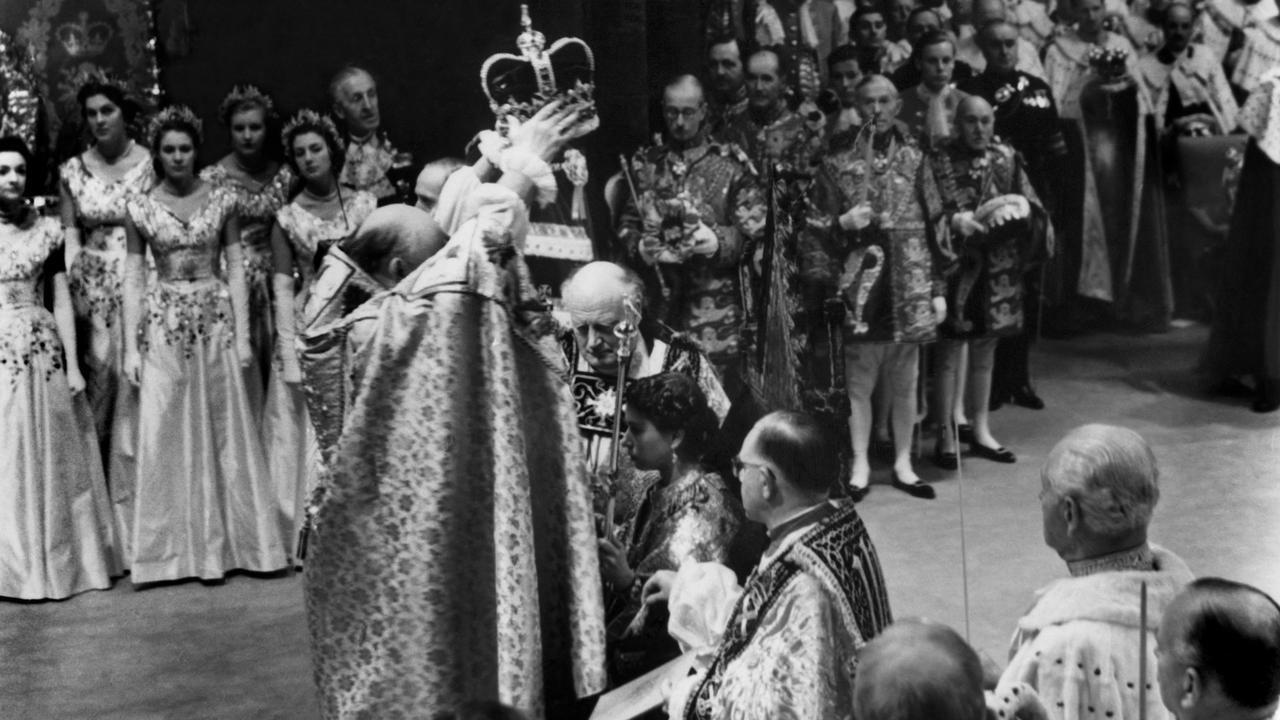
The ceremony will attract world leaders and dignitaries from across the globe, placing Britain centre stage once again. Unlike royal weddings, the coronation is a state occasion – the government pays for it, and ultimately decides the guest list. Among the guests in 1953 were members of the royal family from other nations, heads of state from around the Commonwealth, and politicians.
Winston Churchill, the prime minister, attended and President Dwight D. Eisenhower sent representatives. Prime ministers from Commonwealth nations were in attendance as well as royals from Norway, Sweden and Monaco and rulers of British protectorates.
There will be debates about how the ceremony should be covered. The last coronation was the first to be televised. However, the moment when the Queen was anointed was not broadcast. This moment where the supreme governor of the Church of England is daubed with holy oil was deemed too sacred.
– The Times

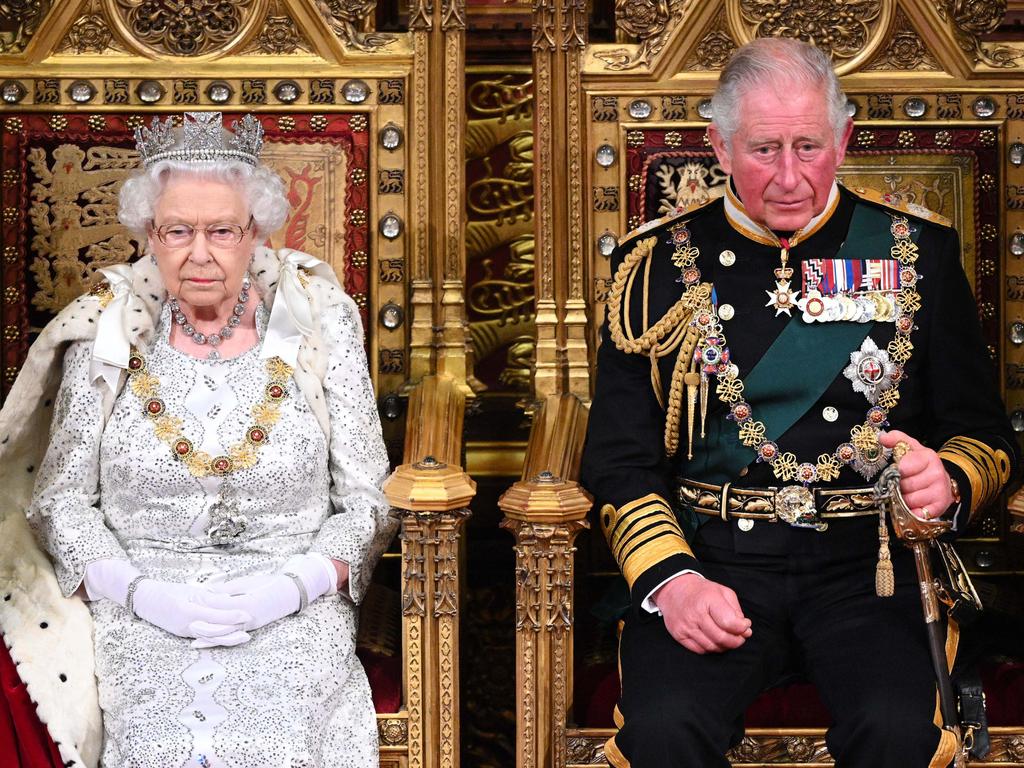
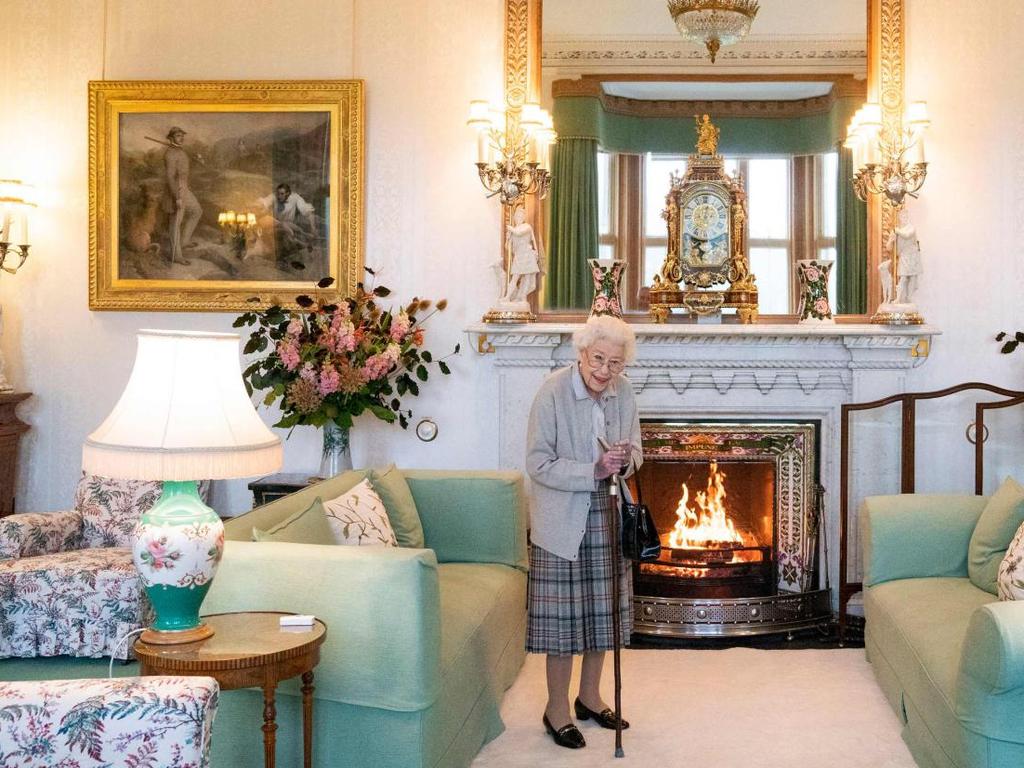
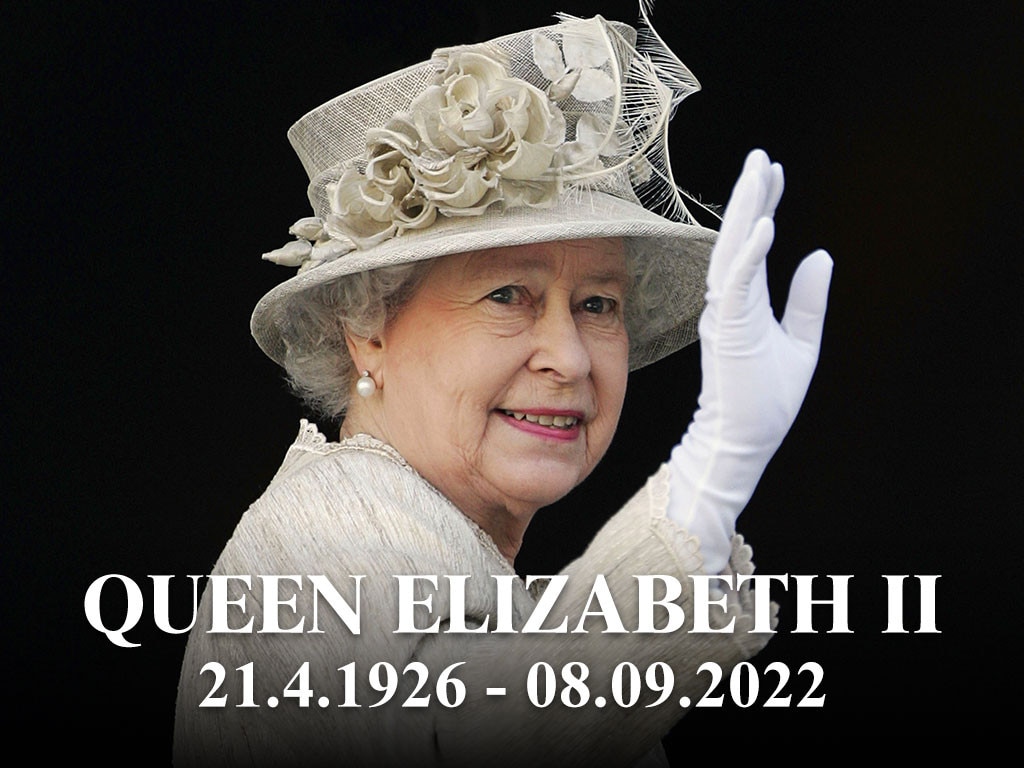




To join the conversation, please log in. Don't have an account? Register
Join the conversation, you are commenting as Logout